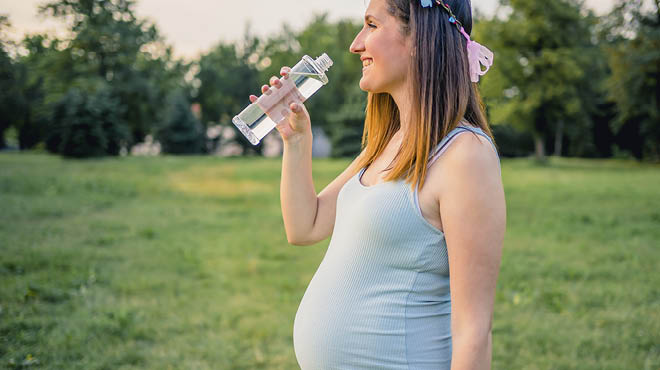Recent Posts
Right care gives premature twins good start

Right place, wrong time
Krista and Austin Zwiefelhofer of Bloomer expected their twin girls to enter the world on April 9. But on Feb. 6, when Krista was in her 31st week of pregnancy, something went wrong.
“I woke up on Friday with some spotting, so we went to the hospital,” says Krista. “I spent six hours on monitors while having contractions, but nothing progressed.”
Physicians ran tests that can help predict early labor, but the tests were inconclusive.
Jennifer Willette, M.D., the on-call obstetrician at Mayo Clinic Health System in Eau Claire, gave Krista steroids to develop the twins’ lungs in case they were born early. However, the contractions stopped and the family returned home.
Ready or not
Krista felt fine on Saturday, but on Sunday the contractions returned.
“I called Dr. Willette, and she told me to take a warm bath to see if things would slow down, or go away,” says Krista. The bath didn’t help, so Krista and Austin returned to the hospital.
“When Krista initially came in, she was contracting and several centimeters dilated,” says Dr. Willette. “So we gave her medicine to try to stop her labor to transfer her to Mayo Clinic in Rochester for further observation.” But Krista continued to labor despite the medication.
Soon after, Krista’s water broke and she was 6 centimeters dilated. “There was no time to transfer her, so we made plans to deliver the babies and get the Neonatal Intensive Care Unit (NICU) team up from Rochester,” says Dr. Willette. “Because the first baby was breech, cesarean delivery was the safest way to deliver the babies. Once the decision was made, things moved very quickly.”
“Shortly after they said the babies were coming,” Krista says. “The room exploded with nurses to prep me for surgery.”
Cambree was born first, and Whitley followed her sister one minute later.
“Cambree needed a bit of help initially,” says Teri Stevenson, M.D., the on-call pediatrician. “She wasn’t breathing on her own, and her heart rate was low, so we administered CPR.” Both babies were immediately incubated.
Staff put the twins in transport incubators after they were stabilized, and transferred them by medical helicopter to the Neonatal Intensive Care Unit at Mayo Clinic Hospital – Saint Marys campus, in Rochester.
Breathing room
At 12 hours old, the twins no longer needed incubation. “They were doing well because of the steroids two days earlier,” says Krista. “We went to see them Wednesday morning. It was shocking that they were so small, but it was nice to see them off breathing machines.”
Nine days later, the twins were transferred to the Special Care Nursery in Eau Claire, where they remained for one month.
Baby steps
“We stayed in a room by the twins the whole time,” says Krista. “We were very comfortable and, after we looked back at how everything had gone, we were surprised at how smoothly everything went.”
“It was really nice,” says Krista. “The nurses made special things like report cards with the babies’ footprints on them. They all really liked the twins and it was sweet to see how much they cared about them.”






